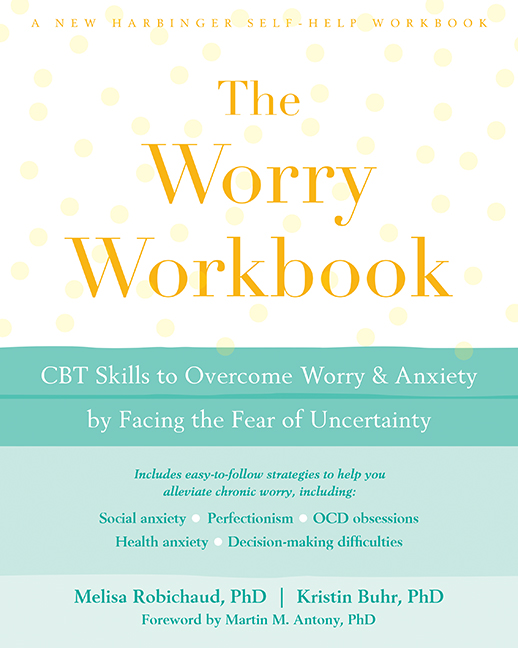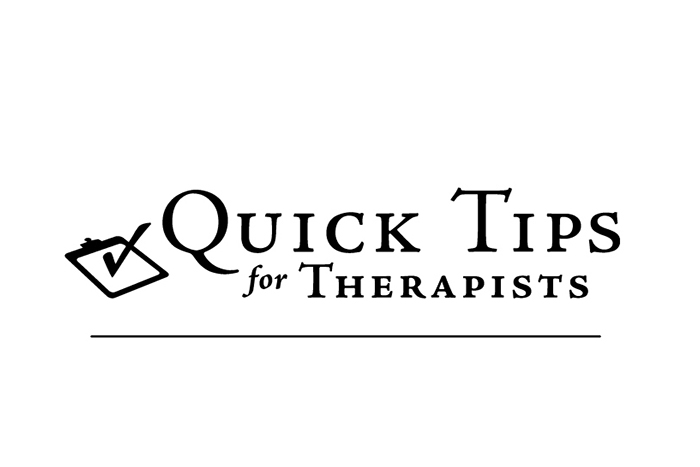By Kristin Buhr, PhD & Melisa Robichaud, PhD
Individuals who worry excessively are generally more fearful or intolerant of uncertainty, which means when faced with uncertainty they tend to experience heightened worry and anxiety. In an effort to make things more certain, worriers tend to engage in safety behaviors designed to either “approach” a situation and reduce the uncertainty (e.g., excessive checking, reassurance seeking, information seeking) or “avoid” the situation altogether (e.g., avoidance, procrastination, impulsive decision making). Unfortunately, it’s impossible to eliminate all uncertainty, thus a primary goal becomes helping clients build their tolerance for uncertainty.
There are different ways to approach this goal, and one powerful way to help clients build their tolerance for uncertainty is to complete tolerating-uncertainty “workouts.” Building tolerance for uncertainty is similar to the process of building a muscle. The more you work it out, the stronger it becomes. The same can be said for building tolerance for uncertainty. The more we face it, the more tolerant of it we become. Tolerating-uncertainty “workouts” involve facing uncertain situations and sitting with the feeling of uncertainty, regardless of the outcome.
Steps for conducting tolerating-uncertainty “workouts”:
- Face uncertain situations that pop up on a daily or weekly basis
- Identify what you would normally do to make the situation more certain (approach or avoid safety behaviors)
- Do the opposite in order to sit with uncertainty
For example, your client might need to choose a hotel for an upcoming vacation (uncertain situation as they can’t be certain they’ll like the hotel). Their goal is to identify what they would normally do (research hotels for days) and then do the opposite (research for a set time [e.g., one hour] and then make a decision). It’s important to highlight to clients that the outcome is not actually that important; it’s the fact that they didn’t know how it was going to turn out and they were willing to sit with that uncertainty. Sitting with uncertainty can be uncomfortable in the same way a muscle burns when you work it out. But that burning sensation means your muscle is getting stronger.
Given that uncertainty is an unavoidable part of life, we want to help our clients build their tolerance for the uncertainties in life by making facing uncertainty a part of their daily life. Helping them build and maintain that muscle will ultimately result in less worry and anxiety.
 Melisa Robichaud, PhD, is a clinical psychologist and cofounder of the Vancouver CBT Centre. She holds positions at the University of British Columbia and Simon Fraser University.
Melisa Robichaud, PhD, is a clinical psychologist and cofounder of the Vancouver CBT Centre. She holds positions at the University of British Columbia and Simon Fraser University.
Kristin Buhr, PhD, is a registered psychologist and director at the North Shore Stress and Anxiety Clinic in North Vancouver, BC, and is a lead consultant for AnxietyBC.


 2024 Peace Playbook: 3 Tactics to Avoid Clashes with Your Partner
2024 Peace Playbook: 3 Tactics to Avoid Clashes with Your Partner